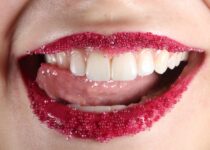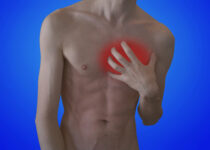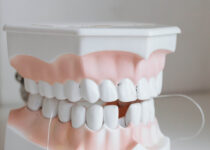Dehydration: Indication, Risk factor, and Prevention
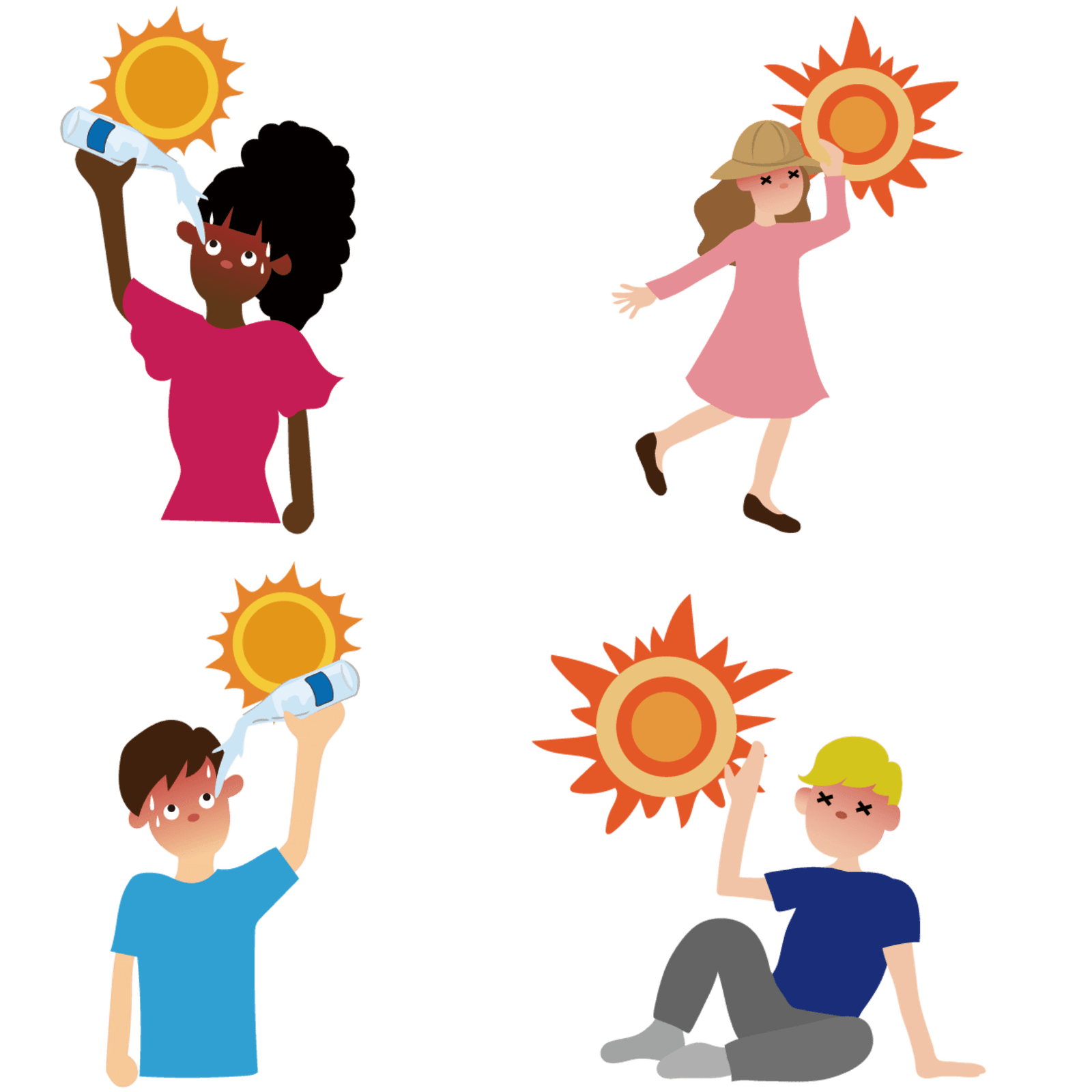 Dehydration
Dehydration
Dehydration occurs when you lose more fluid than you consume, and your body doesn’t have sufficient water and other fluids to carry out its usual functions. You’ll become dehydrated if you do not replace lost fluids.
Dehydration can affect anyone, but it’s mainly dangerous for young kids and the elderly.
People more than the age of sixty naturally have a minimum amount of water in their bodies and may have health conditions or take medications that enhance their risk of dehydration.
As a result, even minor illnesses, for example, infections of the lungs or bladder, can lead to dehydration in older adults.
Drinking more fluids generally reverses serene to moderate dehydration, but severe dehydration needs instant medical attention.
Indications
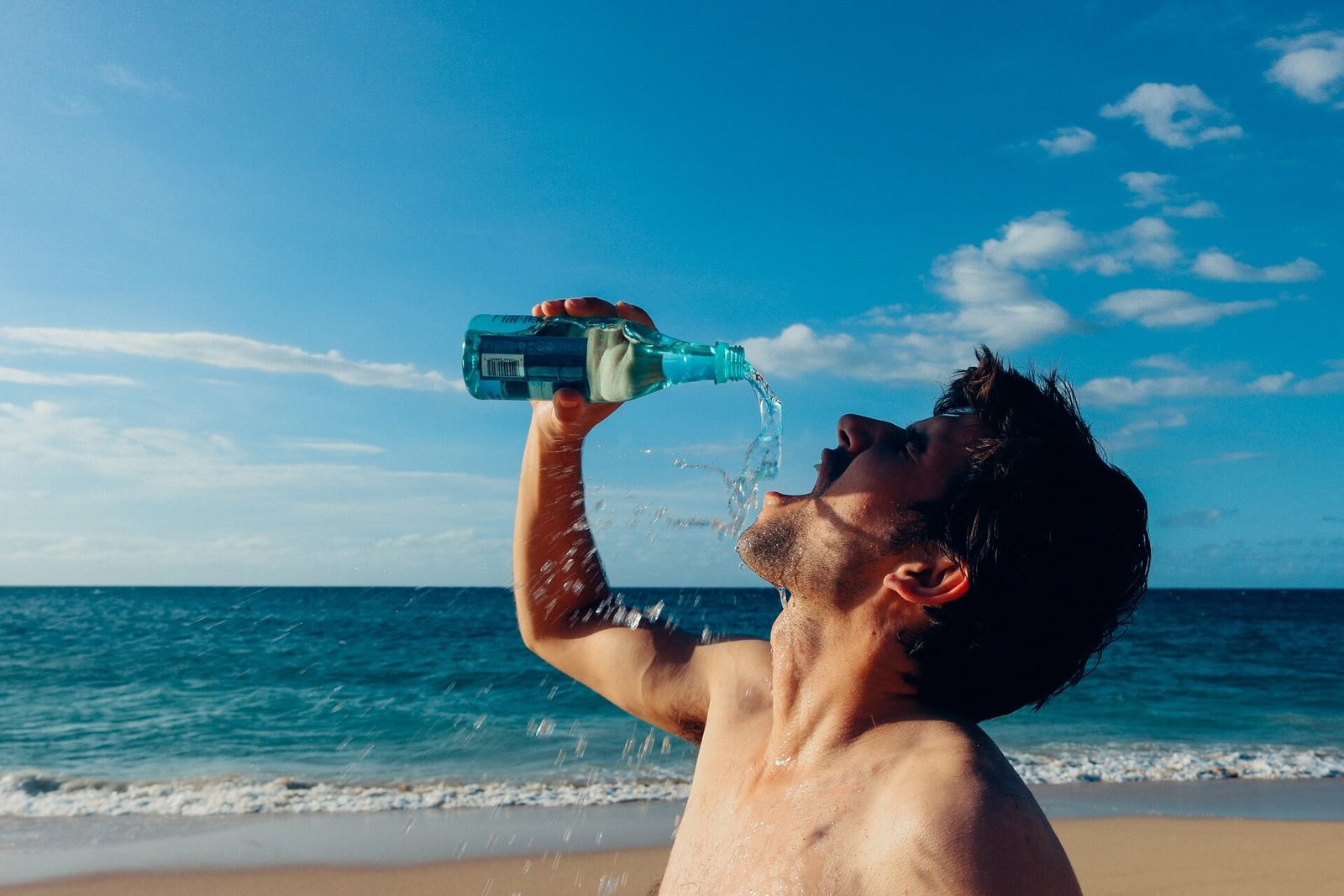
The thirst response isn’t always a dependable indicator of the body’s need for water. Various people, mainly older adults, do not feel thirsty until they’re already dehydrated.
Age can additionally bear on the signs and symptoms of dehydration.
What are the health advantages of drinking water?
Most of your body is composed of water, between 55% and 78%. An infant is about 78% water, an infant one-year-old is about 65% water, an adult man is about 60% water, and an adult woman is about 55% water. Your brain and heart are both 73% water. Bones acquire 31% of water, muscles, and kidneys 79%, and skin 64%. Your lungs are smooth because of 83% water.
The advantages of water include:
- Get rid of waste and aid digestion.
- Exercise your joints.
- Make saliva (which is for eating).
- Keep your body’s chemicals in balance. It’s for the fabrication of hormones and neurotransmitters in your brain.
- Your body requires oxygen.
- Maintain a healthy body temperature.
This fluid behaves as a shock absorber for your brain, your spinal cord, and even your fetus if you’re pregnant.
In hot weather, drinking water is critical to your health. It prevents your body from overheating. Your muscles produce heat when you exercise. In hot weather, a person’s body loses heat through sweat. Sweat evaporates, cooling the tissues beneath, affecting the operation of the body. Remain hydrated!
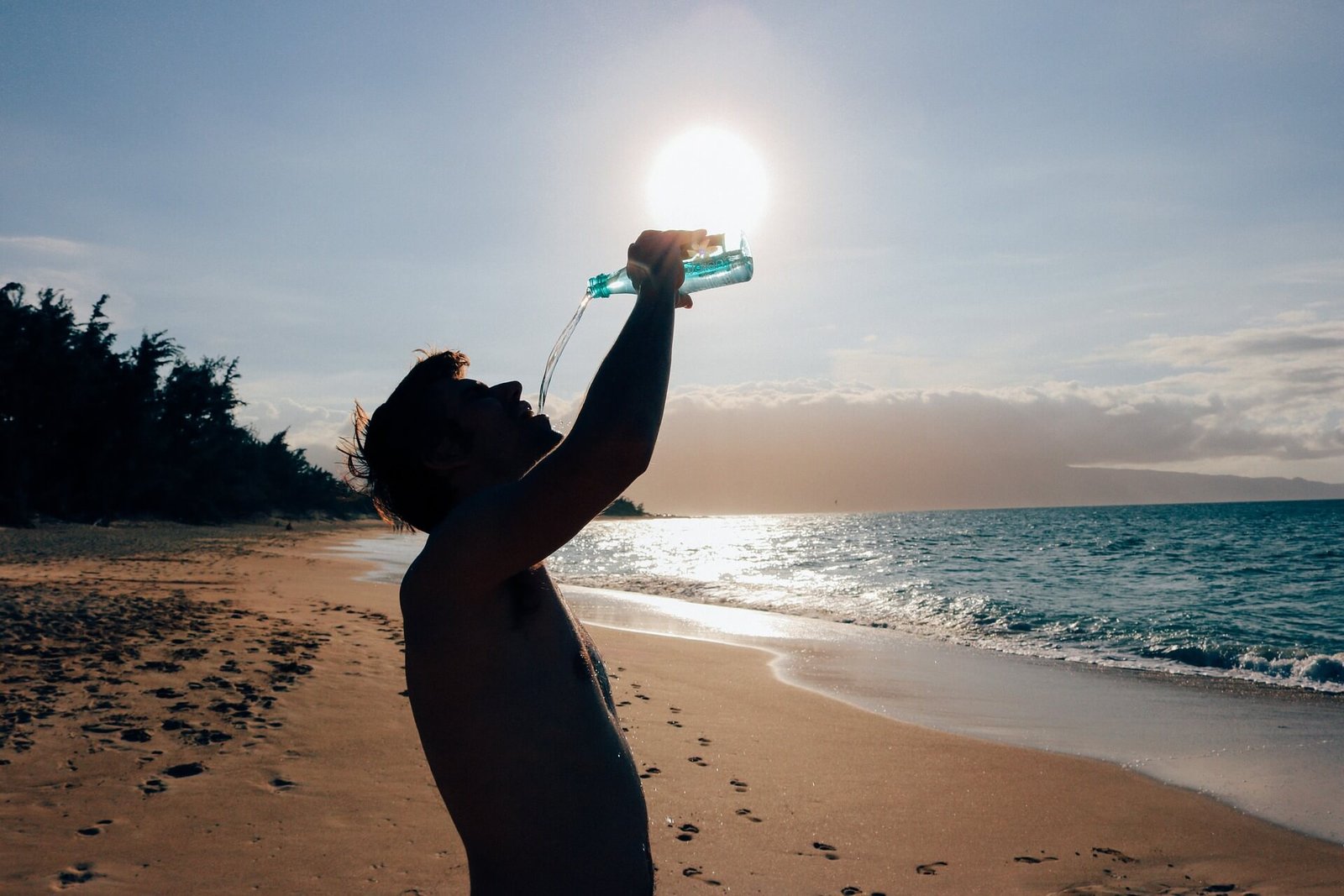
How does it occur?
Dehydration occurs when we do not imbibe sufficient fluid to replace what we lose. The climate, the number of physical activities you do (especially in hot weather), and your diet can all play a role in dehydration.
Risk Factor
Anyone can become dehydrated if they do not drink sufficient water. Infants and children, mainly sick, are at a higher risk as they will not be able to convey that they’re thirsty. Make sure your kids imbibe sufficient fluids.
Additionally, older adults are at a higher risk.
As a result, their body’s fluid reserves shrink, and their body’s aptitude to say they’re thirsty is reduced. Despite the fact that they’re suffering from a miserable infection like a UTI (urinary tract infection), they require exercise liquids.
Dehydration symptoms include:
- Symptoms add headaches, delirium, and confusion.
- Fatigue (tiredness).
- Weakness, dizziness, lightheadedness.
- A dry mouth and cough.
- Low blood pressure but high heart rate.
- Sugar craving, but appetite loss.
- (Red) flushed skin.
- Leg cramps.
- Chills or heat intolerance.
- Diarrhea.
- Pee (urine) with a different color. Pee should be pale. Drink before you get thirsty to do not dehydration.
The diagnosis
Dehydration can be diagnosed both physically and mentally by a doctor. When a patient has symptoms of disorientation, low blood pressure, speedy heartbeat, fever, lack of sweat, and inelastic skin, they’re typically considered dehydrated.
The body’s electrolytes regulate hydration and are fundamental for nerve and muscle function. Dehydration can be diagnosed with the help of urine analysis using this test. A dehydrated person’s urine will be darker in color and more concentrated, containing compounds called ketones.
When diagnosing dehydration in infants, doctors look for a sunken soft plot on the skull. Additionally, they may be seeing a loss of sweat and positive muscle tone characteristics.
The treatments
By replenishing the body’s fluid levels, dehydration can be a treat. You can do this by drinking fluids like water, broth, ice pops, or sports drinks (such as Gatorade). Dehydrated patients, however, may need intravenous fluids to achieve rehydration. Dehydrated inhabitants should not drink coffee, tea, and sodas as they acquire caffeine.
Prevention
The vast majority of necessary treatments for dehydration are preventive. For some people, drinking plenty of fluids and consuming foods with high water content (such as fruits and vegetables) should be sufficient to prevent it.
Exercise must be considered during grievous heat or the hottest section of the day, and anyone exercising should make sure they replenish their fluids regularly.
Since the elderly and the extremely young are at risk of dehydration, they should get some fluids.
Conclusions
When you don’t imbibe sufficient fluids, you become dehydrated.
If you see that time subscribes to fluid loss, imbibe plenty of water all day and hold electrolytes. This is a common misunderstanding.

